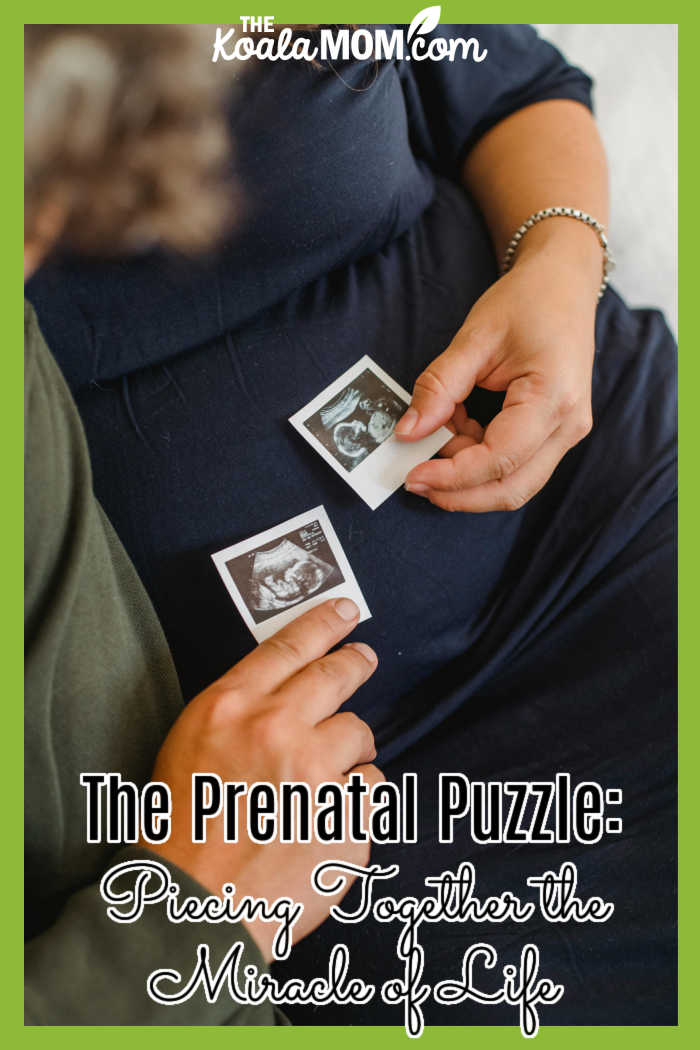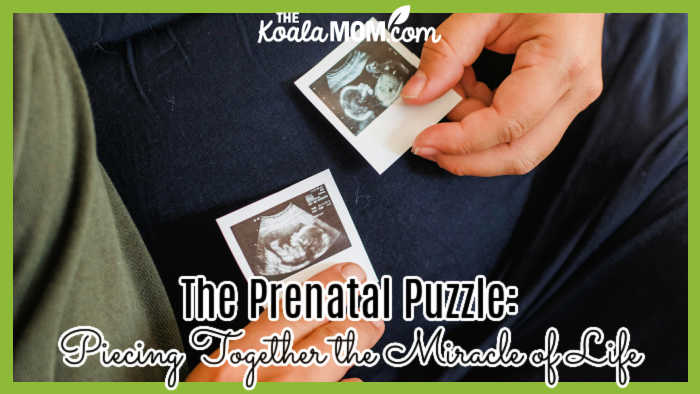The miraculous journey of life commences well before the newborn’s inaugural cry. It initiates in the womb, an enigmatic and awe-inspiring realm where life’s miracle progressively materializes. This journey, marked by its intricate and fragile nature, has captivated the minds of scientists and the hearts of expectant parents for generations, presenting a profound blend of mystery and wonder in the unfolding of new life.
This article delves into the complexities and marvels of prenatal development.

This post contains affiliate links; as an Amazon associate, I earn from qualifying purchases.
The Role of Ultrasound in Unveiling the Womb
Ultrasound imaging is a cornerstone in modern prenatal care, offering a unique window into the womb. This non-invasive technique employs sound waves to create images of the developing infant, providing invaluable insights without the risks associated with radiographic methods. It has transformed prenatal monitoring, enabling doctors to track the baby’s growth, assess health, and identify potential health concerns.
For expectant parents, understanding ultrasound imaging is essential as this is their first encounter with their unborn child, fostering an early emotional connection. This blend of clinical utility and emotional significance makes ultrasound a vital tool, bridging the realms of medical science and maternal bonding, and playing a critical role in the pregnancy journey.
Tracing Fetal Development: from Conception to Birth
The transformation from a single fertilized cell to a fully developed infant is a remarkable process, filled with intricate stages of growth and development. It begins with the fusion of sperm and egg, creating a zygote that rapidly divides and grows. As weeks pass, this cluster of cells differentiates into specialized tissues and organs, marking the transition from embryo to fetus.
Critical developmental milestones include the formation of the neural tube (week 6), the emergence of the heartbeat (6-8 weeks), and the development of limbs and facial features (weeks 9-12). Each phase is crucial, laying the foundation for the next, and is meticulously monitored through prenatal care. This journey, culminating in birth, is a testament to the complexity and wonder of human life, revealing the astonishing capabilities inherent in people’s biology.
Genetics: the Blueprint of Life
Genetics is the underlying framework of prenatal development, serving as the blueprint that guides the formation and growth of a new life. Inherited from both parents, DNA is the fundamental code that determines everything from baby’s hair color to height, and even susceptibility to certain diseases. It’s within this genetic coding that the uniqueness of each individual is established.
However, genetics can also bring challenges. Variations or mutations in genes can lead to developmental issues or congenital conditions. Thus, understanding genetics is crucial for prenatal care, allowing healthcare providers to anticipate and manage potential health issues. It also opens avenues for genetic counseling, where parents can understand their risks and make informed decisions about the health of their child.
Nutrition and Prenatal Health
The role of nutrition in prenatal health is paramount. A mother’s diet directly influences the growth and development of her baby, making a balanced intake of nutrients essential. Key nutrients like folic acid, iron, calcium, and omega-3 fatty acids play significant roles in various developmental aspects.
Folic acid is crucial for neural tube development, reducing the risk of birth defects. Iron supports the baby’s blood and oxygen supply, while calcium contributes to developing strong bones and teeth. Omega-3 fatty acids are vital for brain development.
The nutritional choices made during pregnancy don’t just affect baby’s growth but also impact the long-term health of the child. Hence, ensuring a diet rich in these nutrients is critical to prenatal care.
Environmental Influences on Fetal Development
The environment surrounding a pregnant woman significantly impacts her baby’s development. Various external factors, from air quality to lifestyle choices, play a substantial role in the health of the growing baby. Exposure to pollutants, harmful chemicals, and even excessive noise can harm baby’s growth and development.
Lifestyle choices such as smoking, alcohol consumption, and drug use are also significant risk factors, potentially leading to complications like low birth weight, premature birth, or developmental disorders. Stress levels and emotional well-being are environmental factors that can affect prenatal health.
Consequently, understanding and managing these environmental influences is critical for a healthy pregnancy and the optimal development of the baby.
Prenatal Screening and Diagnostic Tests
The advent of sophisticated prenatal screening and diagnostic tests has significantly enhanced women’s ability to monitor baby’s health and development. These tests range from routine blood screenings and ultrasounds to more specialized procedures like amniocentesis and chorionic villus sampling. They help detect genetic abnormalities, chromosomal disorders, and developmental issues at an early stage.
Early identification of potential health concerns allows for earlier intervention and better healthcare for mom and baby. It can also provide parents with crucial information about the health and development of their baby, aiding in decision-making processes. As medical technology advances, these tests become increasingly refined, offering more detailed insights and minimizing risks to both the mother and the baby.
The Emotional Journey of Pregnancy
Pregnancy is an intricate blend of physical changes and emotional experiences. Expectant parents undergo a myriad of emotions, from joy and anticipation to anxiety and fear. Hormonal changes, personal circumstances, and the inherent uncertainties of pregnancy influence these emotions.
The emotional journey is as important as the physical one, impacting the well-being of both the mother and the growing baby. During this time, support from partners, family, and healthcare providers is crucial. It’s essential to address not just the physical aspects of pregnancy but also the emotional and psychological needs.
The prenatal puzzle, with its complex interplay of genetics, nutrition, and environmental factors, underscores the miracle of life. Understanding the intricacies of a baby’s development enhances prenatal care and deepens an individual’s appreciation of this remarkable journey. As technology and medical knowledge advance, individuals continue to piece together this fascinating puzzle and unravel the mysteries of life’s beginnings.
 Love this post? You’ll find more tips and advice like it in Beginner’s Guide to Growing Baby: Tips to Help You Through All Four Trimesters, a book about pregnancy, birth, and baby’s first three months. Written with my good friend Anna Eastland (mom of 9 kids!), Beginner’s Guide to Growing Baby is an honest, practical look at pregnancy and beyond. We share what’s worked for us in growing, birthing and loving fourteen babies.
Love this post? You’ll find more tips and advice like it in Beginner’s Guide to Growing Baby: Tips to Help You Through All Four Trimesters, a book about pregnancy, birth, and baby’s first three months. Written with my good friend Anna Eastland (mom of 9 kids!), Beginner’s Guide to Growing Baby is an honest, practical look at pregnancy and beyond. We share what’s worked for us in growing, birthing and loving fourteen babies.
Beginner’s Guide to Growing Baby is available on Amazon.


No Responses Yet